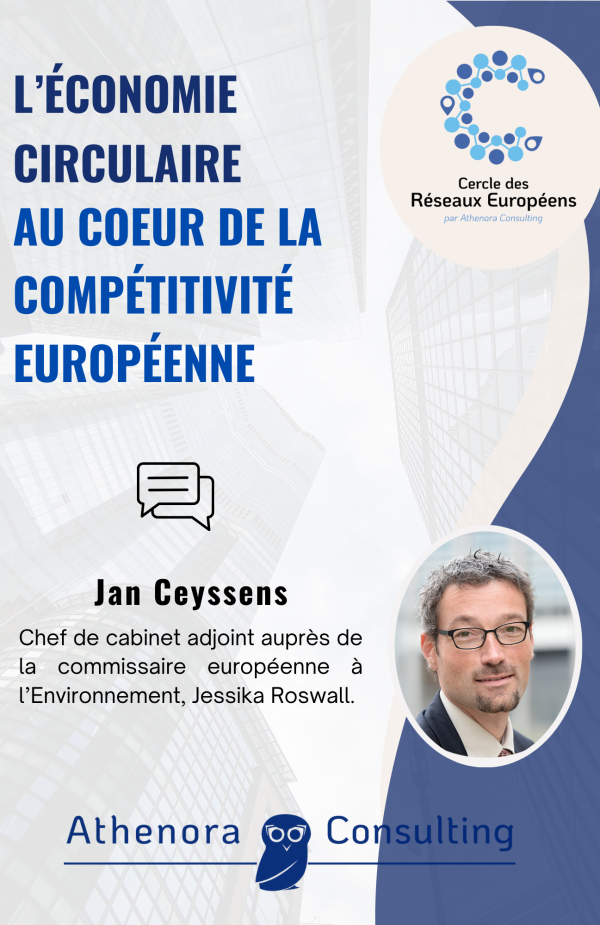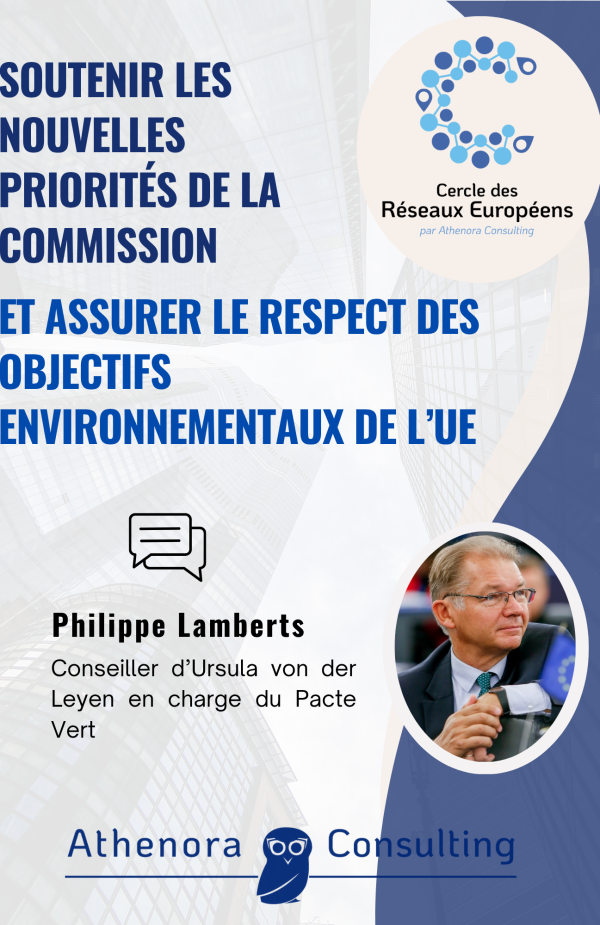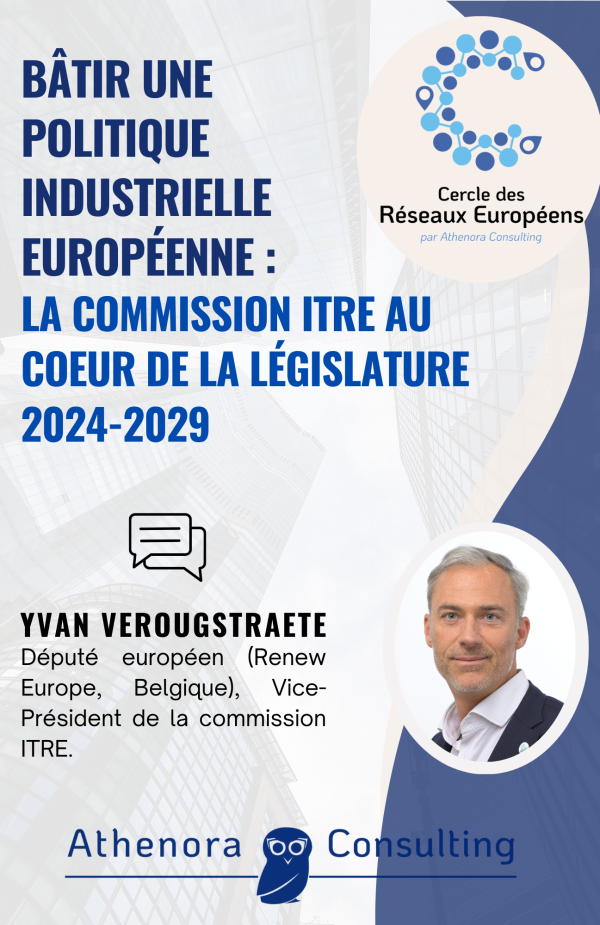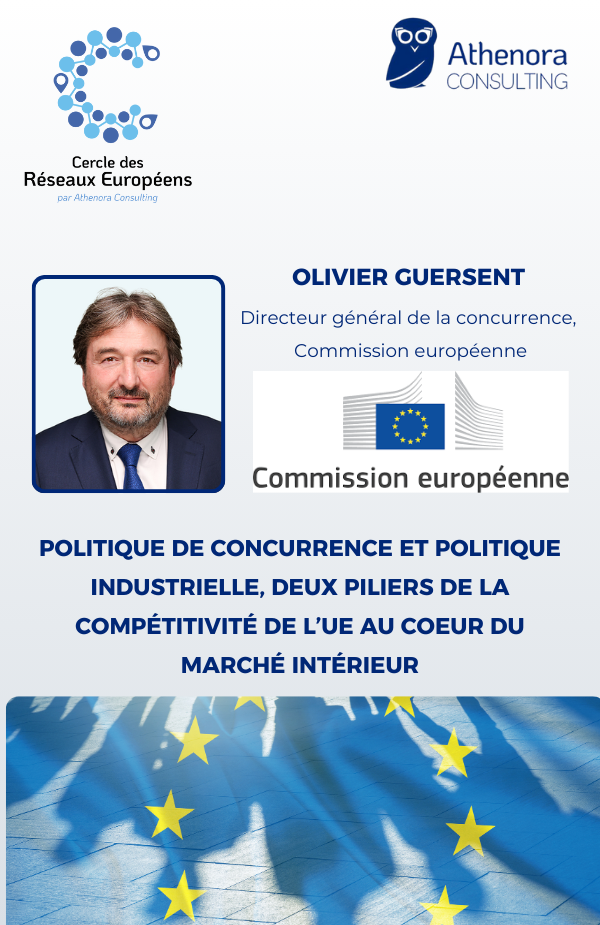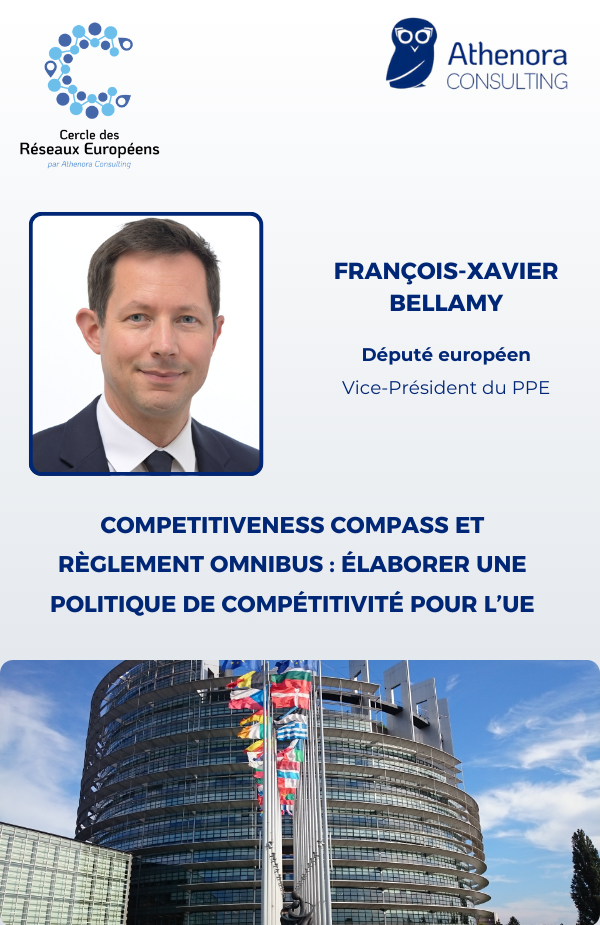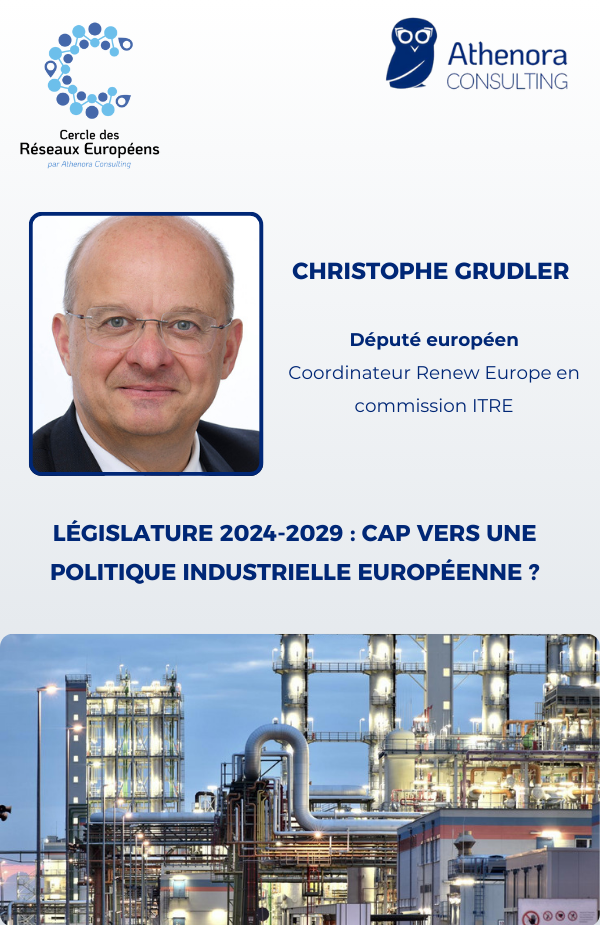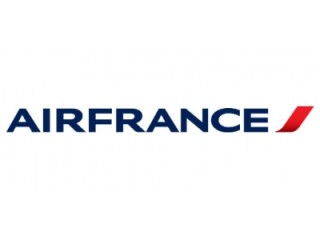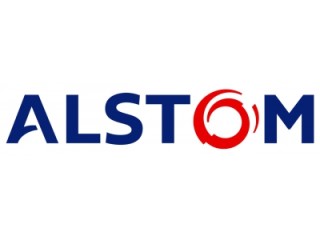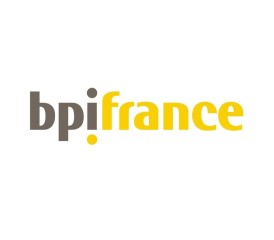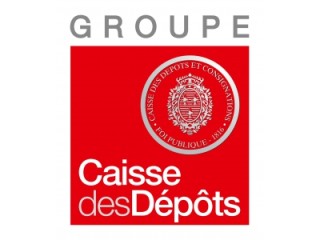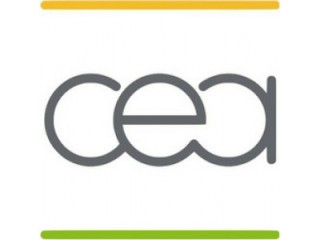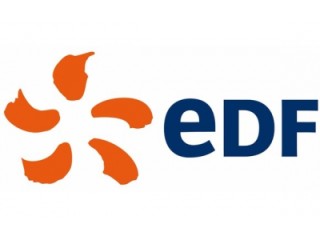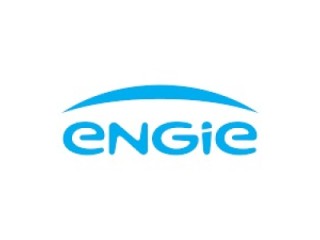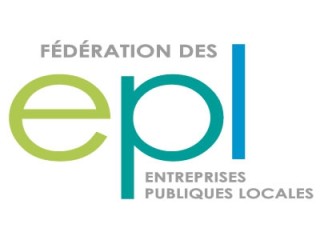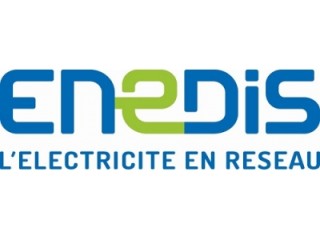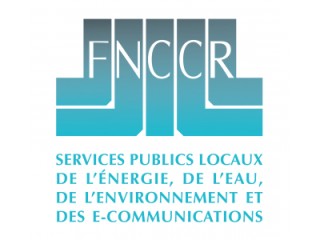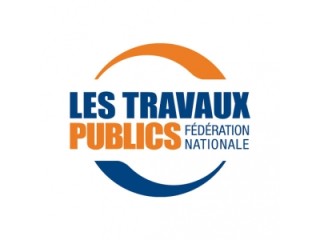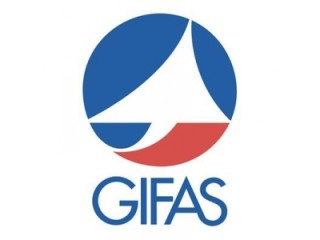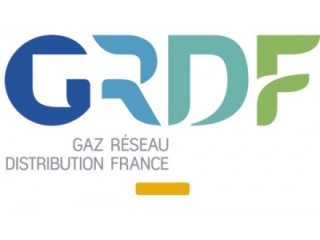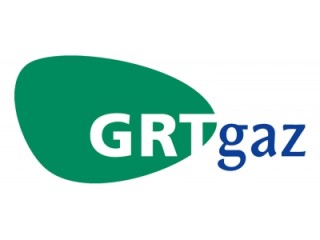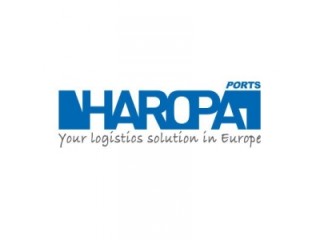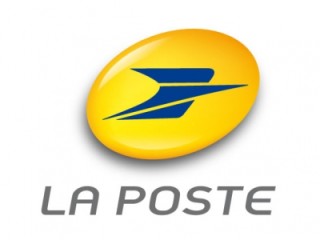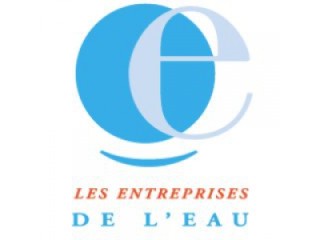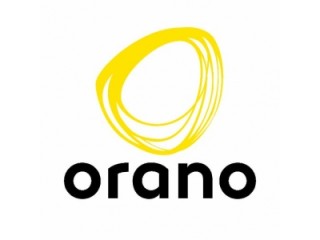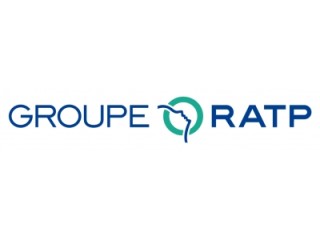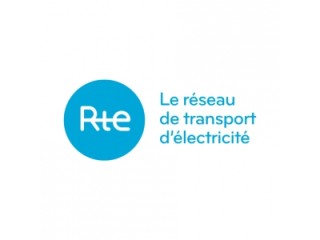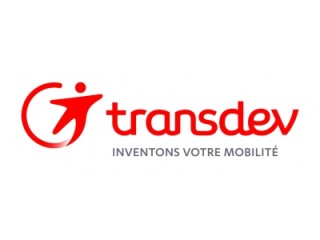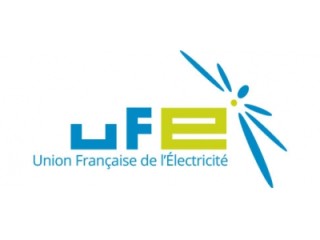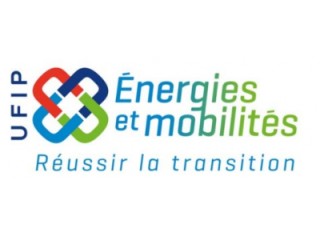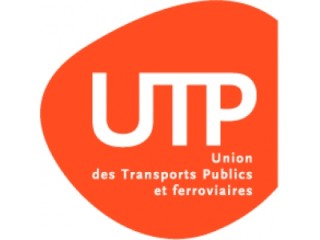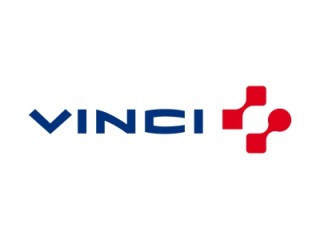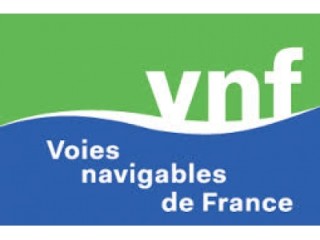25.06.2025
News
Simplification through omnibuses, a new method of developing European law?
Simplification has been a stated priority of the Commission for several years, but it has accelerated significantly since the start of the 2024-2029 legislative term. This political momentum was confirmed in November 2024 with the Budapest Declaration, in which the Heads of State and Government expressed their desire to reduce the regulatory burden on businesses. The Commission now intends to limit the production of complex new standards while focusing on reviewing the existing acquis, particularly the texts adopted under the European Green Deal. This simplification approach is based on a mixed method: on the one hand, the Directorates-General and Commissioners' offices define political priorities (top-down approach); on the other, concrete feedback from businesses and stakeholders on the ground informs the proposals (bottom-up approach). The aim is to conduct a truly in-depth review, identifying regulatory inconsistencies and proposing substantial changes, far from mere cosmetic adjustments. The first "omnibus" package, currently undergoing legislative review, concerns the simplification of sustainability reporting. This project aims to reduce the data requirements imposed by the European Sustainability Reporting Standards (ESRS) by more than half, with the aim of making things easier for companies and auditors. EFRAG, a body mandated by the Commission, presented a first, streamlined version of the standards on June 20. However, if this version is deemed unsatisfactory, the Commission reserves the right to take over the revision. This process represents a true life-size test for the new European simplification method.
The success of this project also depends on a delicate balance in the legislative process. While the Council of the EU has demonstrated constructive momentum by creating a specific working group on competitiveness, the European Parliament remains a more unpredictable actor. Nevertheless, a cross-party consensus seems to be emerging around the principle of simplification, including among left-wing groups, although they wish to avoid excessive deregulation. The Warborn report, which proposes going further than the Commission in simplifying the CSRD and the CSDDD, is an illustration of this. The expected plenary vote next fall could thus seal the political nature of the majority supporting these texts: either a right-wing coalition, including the far right, with the risks of dependency this entails for the future; or a broad, moderate "von der Leyen"-type majority, bringing together the EPP, S&D, Renew, and the Greens, as during the adoption of the Stop the Clock initiative.
The successful implementation of the first omnibus could therefore lay the foundations for a replicable model, with thematic or cross-cutting simplification packages launched each year. Several projects are already under consideration: a digital omnibus in the fall, an environmental package, another on medical devices, and a broader one dedicated to health. However, an omnibus on competition law, particularly mergers, has been ruled out. Each new package will need to combine political ambition with regulatory pragmatism, with a view to achieving tangible simplification for businesses.
Finally, the question of simplifying non-legislative acts (delegated and implementing acts) remains open. These texts, often considered overly complex, will not be the subject of their own omnibus, but the Commission plans to streamline their use by encouraging Directorates-General to classify these acts according to their usefulness: essential, useful, or superfluous. The objective is to reduce their number and limit the production of unnecessary standards. However, no guide or FAQ is planned to avoid further complicating the process.
This first exercise, if completed without distortion, could thus set a precedent and become a true benchmark method for the Commission in the coming years. It would embody a new way of developing and revising European legislation, simpler, more efficient, and more closely connected to the realities of businesses.
Read the news

